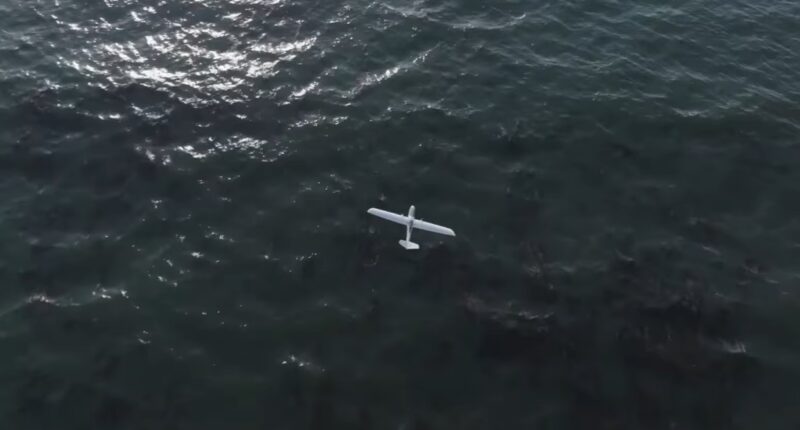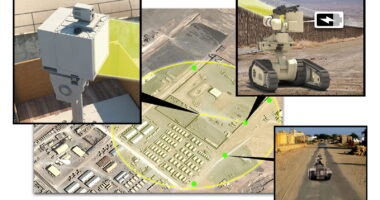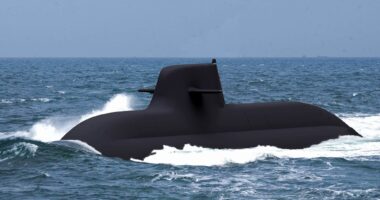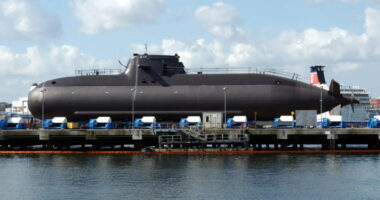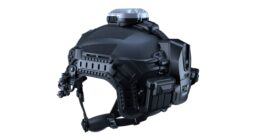A California startup may have just changed the game for drone endurance.
Lyten has unveiled a new lithium-sulfur battery that can keep small drones in the air for more than three hours — a significant leap from the limits of today’s lithium-ion packs.
The new power source was recently tested on a 3D-printed, 8.5-foot (2.6-meter) drone that flew for more than 180 minutes over Palos Verdes, California.
During the flight, the drone reached speeds of 86 miles (138 kilometers) per hour and pulled off a range of complex maneuvers.
Footage of the test shows a smooth takeoff and stable performance throughout, suggesting the battery can deliver steady and sufficient power in flight.
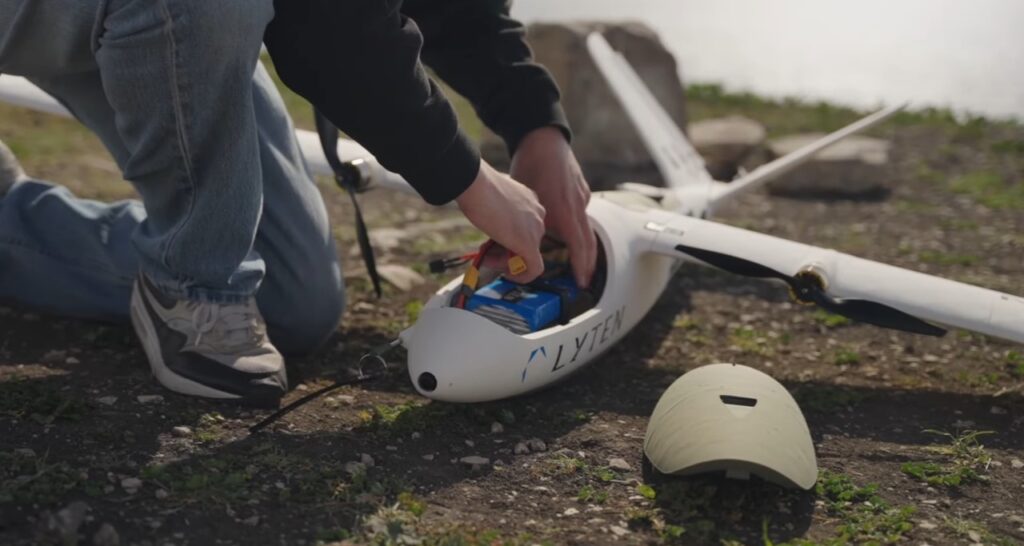
Lyten said this is just the beginning, as it is planning to develop an improved model that could push flight times up to eight hours.
Built for Strategic Needs
The project is aimed at addressing two core challenges: reducing the US military’s dependence on foreign battery materials and boosting the endurance of unmanned systems.
Unlike traditional lithium-ion cells, Lyten’s design avoids materials like nickel, cobalt, and graphite — key minerals typically controlled by overseas supply chains.
“Defense initiatives increasingly rely on unmanned, autonomous systems, yet nearly all these systems are powered by raw materials and batteries sourced from geopolitical rivals,” Lyten CEO Dan Cook stated.
By shifting to lithium-sulfur, the company hopes to provide a lighter, longer-lasting power source built with domestic materials.
